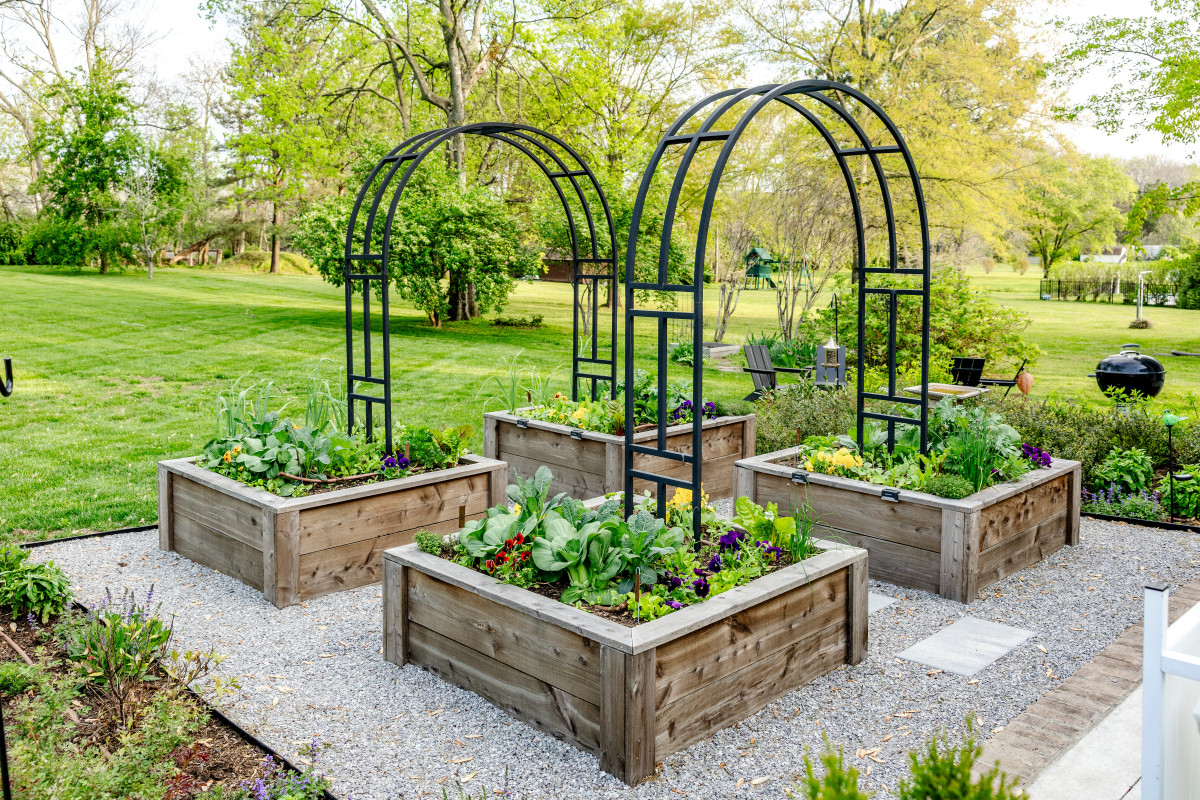Introduction
Creating your own vegetable garden is a rewarding way to enjoy fresh, healthy produce while connecting with nature. Whether you have a small backyard or a spacious plot, making a vegetable garden step by step ensures a thriving and manageable garden. This guide helps you understand each phase, from planning to harvesting, with clear instructions and expert tips to grow your garden successfully.
Why Start a Vegetable Garden?
Growing vegetables at home offers numerous benefits:
- Freshness and nutrition: Homegrown vegetables retain more nutrients and flavor.
- Cost savings: Reduce grocery bills by harvesting your own food.
- Environmental impact: Lower your carbon footprint by minimizing transportation and packaging.
- Therapeutic value: Gardening promotes mental wellness and physical activity.
Understanding these advantages motivates gardeners to invest effort in proper planning and care.
Step 1: Planning Your Vegetable Garden
Proper planning lays the foundation for a productive garden. Consider the following:
Choose the Right Location
- Select a spot with at least 6-8 hours of direct sunlight daily.
- Ensure good drainage to prevent waterlogging.
- Avoid areas prone to strong winds or heavy foot traffic.
Decide on Garden Type
- In-ground beds: Traditional method suitable for larger spaces.
- Raised beds: Improve soil quality and drainage.
- Container gardening: Ideal for limited spaces or patios.
Pick Vegetables to Grow
- Choose crops based on your climate zone and season.
- Start with easy-to-grow vegetables like lettuce, tomatoes, carrots, and beans.
Prepare a Garden Layout
Sketch your garden to allocate space wisely. Use companion planting principles to boost growth and deter pests.
Step 2: Preparing the Soil
Healthy soil is crucial for vegetable growth.
Test and Improve Soil Quality
- Conduct a soil test to check pH and nutrient levels.
- Amend soil with organic compost to enrich nutrients.
- Add sand or perlite if drainage is poor.
Clear and Till the Area
- Remove weeds, rocks, and debris.
- Loosen the soil to a depth of 8-12 inches to encourage root development.
Step 3: Planting Your Vegetables
Planting at the right time and depth increases germination and growth success.
Seed vs. Seedlings
- Seeds are cost-effective but require more care.
- Seedlings offer a head start and reduce growing time.
Follow Planting Guidelines
- Read seed packet instructions for spacing, depth, and timing.
- Water immediately after planting to settle soil.
Watering and Mulching
- Maintain consistent moisture without waterlogging.
- Mulch around plants to conserve moisture and suppress weeds.
Step 4: Caring for Your Garden
Ongoing maintenance ensures healthy plants and better yields.
Watering
- Water early in the morning to reduce evaporation.
- Use drip irrigation for efficient water use.
Fertilizing
- Apply balanced organic fertilizers according to plant needs.
- Avoid over-fertilizing to prevent nutrient burn.
Pest and Disease Management
- Monitor plants regularly for signs of pests or diseases.
- Use natural remedies like neem oil or companion plants to control pests.
- Remove infected plants promptly to prevent spread.
Step 5: Harvesting and Beyond
Knowing when and how to harvest maximizes flavor and nutrition.
Harvest Tips
- Pick vegetables at peak ripeness for best taste.
- Use clean tools to avoid damaging plants.
Post-Harvest Care
- Clean garden beds and compost plant debris.
- Rotate crops yearly to maintain soil health.
Conclusion
Making a vegetable garden step by step transforms your outdoor space into a source of fresh, nutritious food and personal satisfaction. By carefully planning, preparing soil, planting properly, and maintaining your garden, you set the stage for successful growth. Remember, gardening is a learning journey—embrace each season’s lessons and enjoy the process as much as the harvest. Start today and watch your garden flourish!
